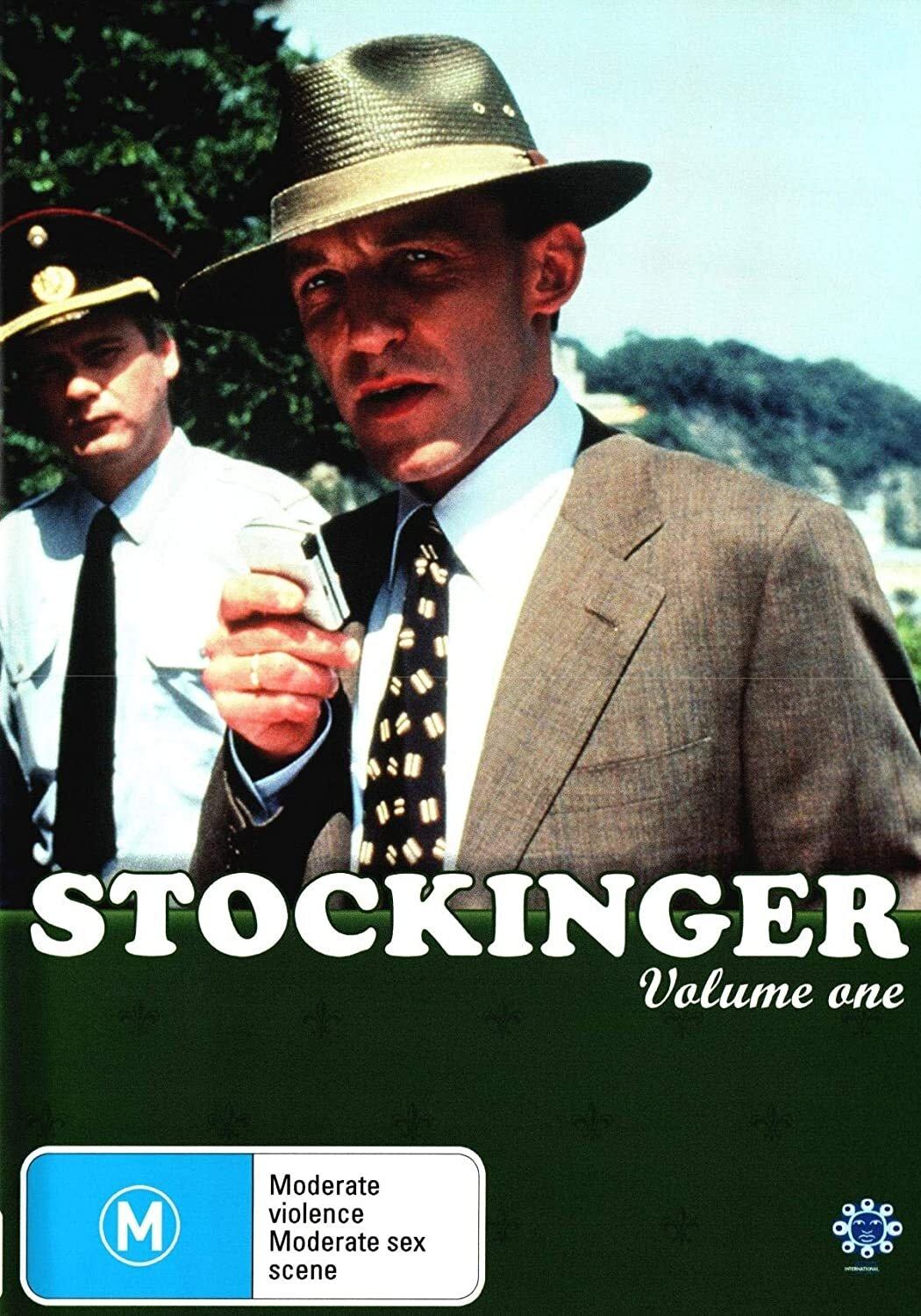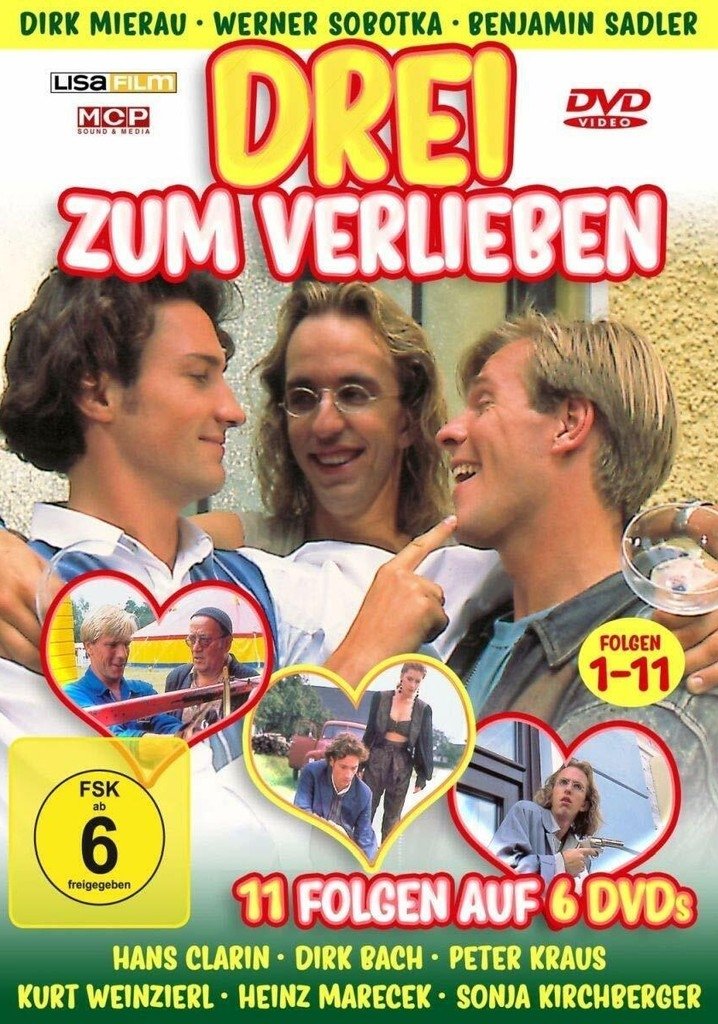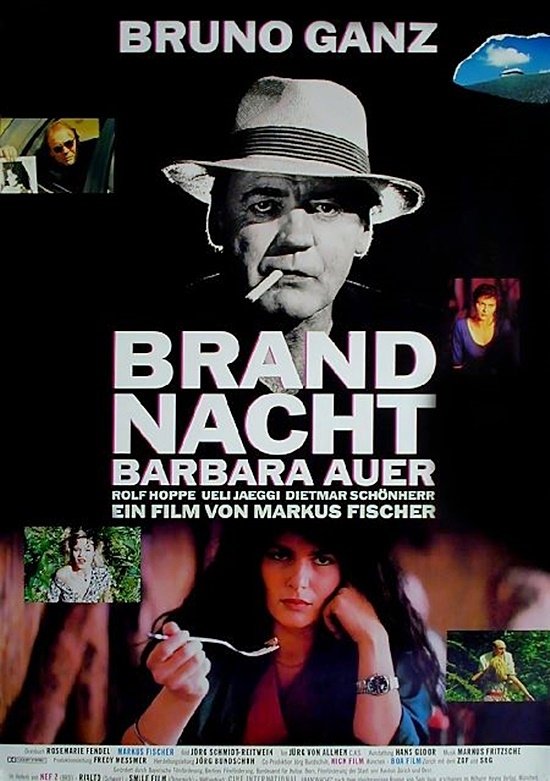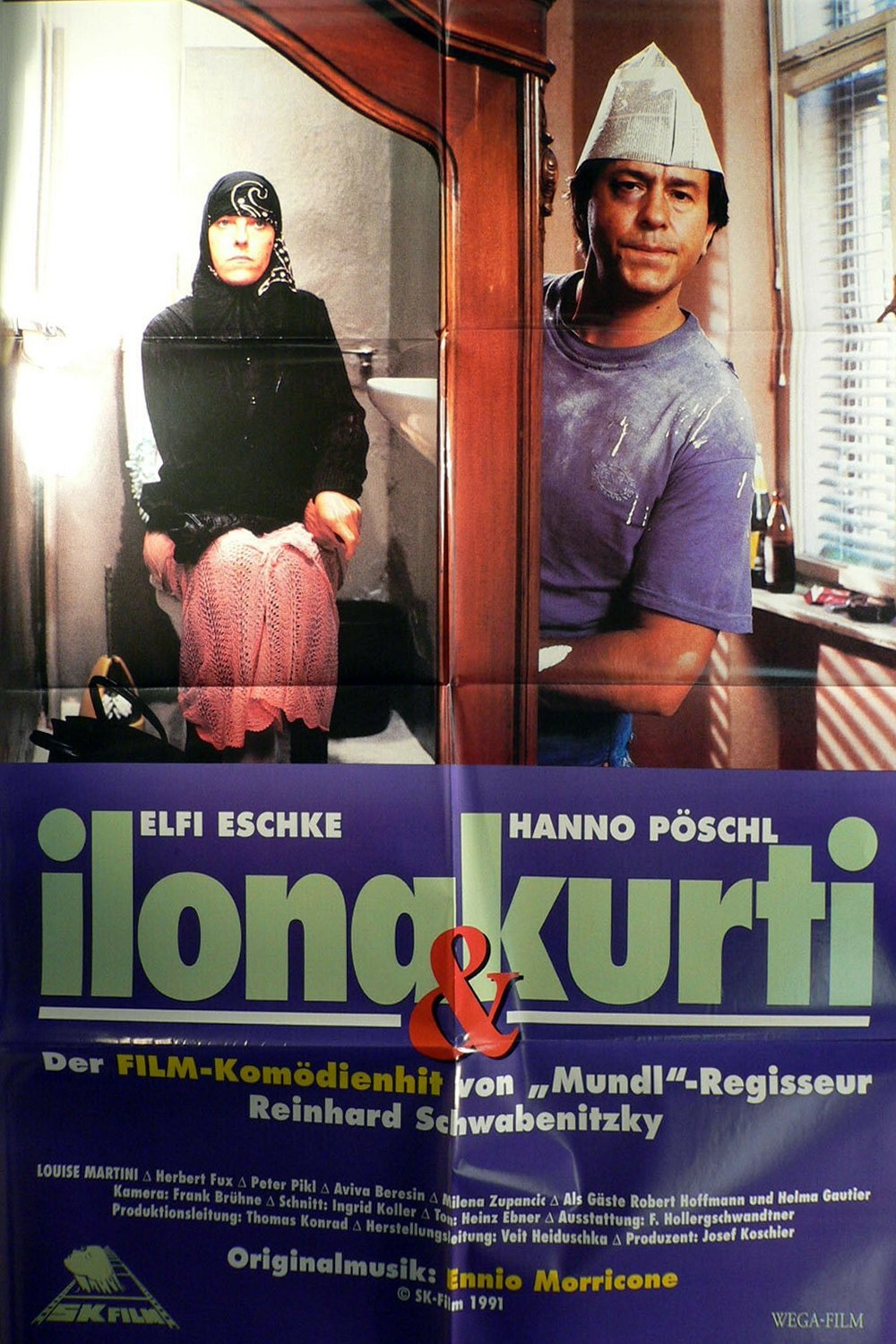
Peter Baumgartner talks about his life and work as a DoP for Erwin C. Dietrich and Jess Franco.

Stockinger is an Austrian-made police television drama, with fourteen 45-minute episodes first aired from 1996 to 1997. The series is a spin-off from the popular Austrian television drama Inspector Rex, and focuses on Ernst Stockinger, one of the original members of the Homicide division or Mordkommission in German. Stockinger leaves the series to return to Salzburg where his wife has inherited a dental practice from her late father . He is appointed a Bezirksinspektor at the Landes Gendarmerie, sharing an office with District Inspector Antonella Simoni. Unlike the members of the team in 'Rex', who appear to be self-directed and are seldom seen to answer to senior management, Stockinger reports to Dr Brunner, a philosophising burecratic senior police inspector. Stockinger is portrayed as a clumsy, almost Inspector Clouseau-like character, driving a clapped-out 1973 VW Variant, but single-minded when following up clues.


Enquiries into the murder of a young woman take the private investigator Peter Keller to the idyllic village of Schwant in Emmental. But, the more entangled Keller gets in the treads of the apparently clearcut case of sex murder, the more obvious the flaws in the village idyll become. Keller's quest turns into a deadly mission.

Kurt Schneider is a superficial and funloving character. Instigated by his mother he swindles his way into the legacy of a house and some money. Both Kurti and his mother are certain there are no legal heirs to the property. Great is their surprise when Ilona appears, who is the legal heiress coming from a remote part of Yugoslavia. Several attempts to get rid of that "Tschusch" prove unsuccessful. Once Mama Schneider gets to know that Ilona is also the beneficiary of a sizable life assurance contract, she destines her son to marry Ilona. While trying to double-cross Ilona, Kurti actually falls in love with her. Now it is Ilona's turn to take vengeance on mother Schneider and to prompt Kurti to take a clear-cut decision...
A German-born director of an American television station travels through Bavaria with a folk music impresario to do research for a show to be broadcast directly to the United States. He comes into contact with all kinds of people and all kinds of different expressions of Bavarian folk music.
Herbert Fux (25 March 1927 – 13 March 2007) was an Austrian film actor and politician. He appeared in more than 140 films between 1960 and 2007. Fux was born in Hallein, at the age of five he moved with his family to the city of Salzburg, where his stepfather worked as a board member of the Landestheater. Having passed his matura exams under the circumstances of late World War II in 1944, he studied at the Salzburg Mozarteum University and began a career as a theatre actor. From the 1960s, Fux appeared on the screen, later also on television, often performing as villain in numerous B movies and crime films but also Spaghetti Westerns and even Bavarian sex films. The huge number of Fux' appearances in about 120 film and 300 TV productions, also under the direction of renowned filmmakers, included a wide range of secondary parts, often distinctive, quirky characters. During his long career, he worked with directors like Michael Anderson, Christian-Jaque, Wolfgang Staudte, Volker Schlöndorff, Ingmar Bergman, and Werner Herzog as well as with famous actors such as Klaus Kinski, Udo Kier, Vincent Price, and Ulrich Matthes. Fux died at the age of 79 with the help of the Swiss euthanasia association Dignitas in Zürich, Switzerland. In 1977 Fux was among the founders of a citizens' initiative against commercialization and uglification of Salzburg's historic townscape and became an elected member of the city council. In 1982 he and others established the Austrian United Greens party (Vereinte Grüne Österreichs, VGÖ), which in 1986 merged into the Green Alternative (Grüne Alternative). Fux was elected MP of the Austrian National Council in the 1986 legislative election, he retained his seat until December 1988 and again entered into parliament in November 1989. In November 1990 he retired and later served as culture committee chairman in his hometown Salzburg.
By browsing this website, you accept our cookies policy.